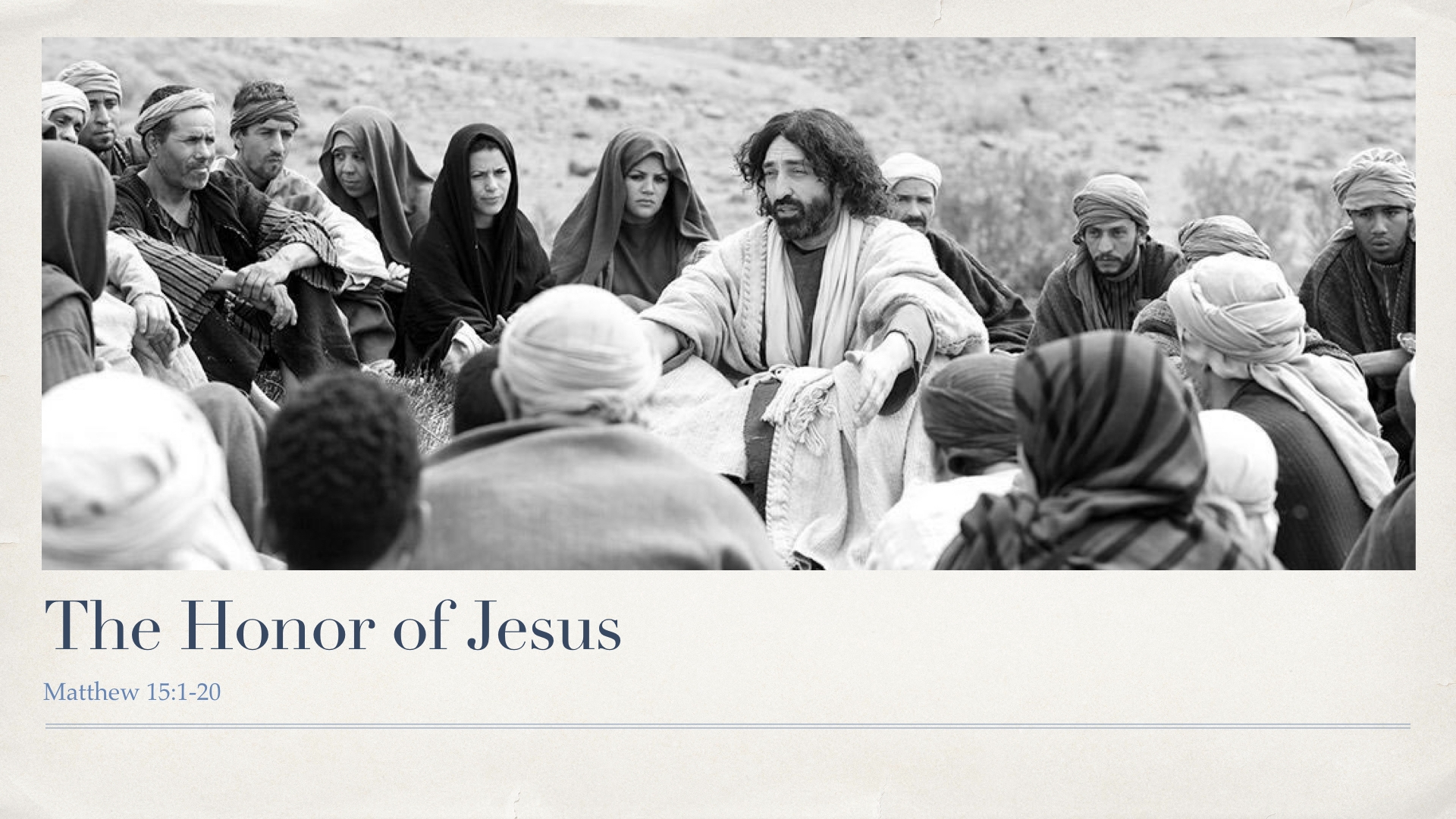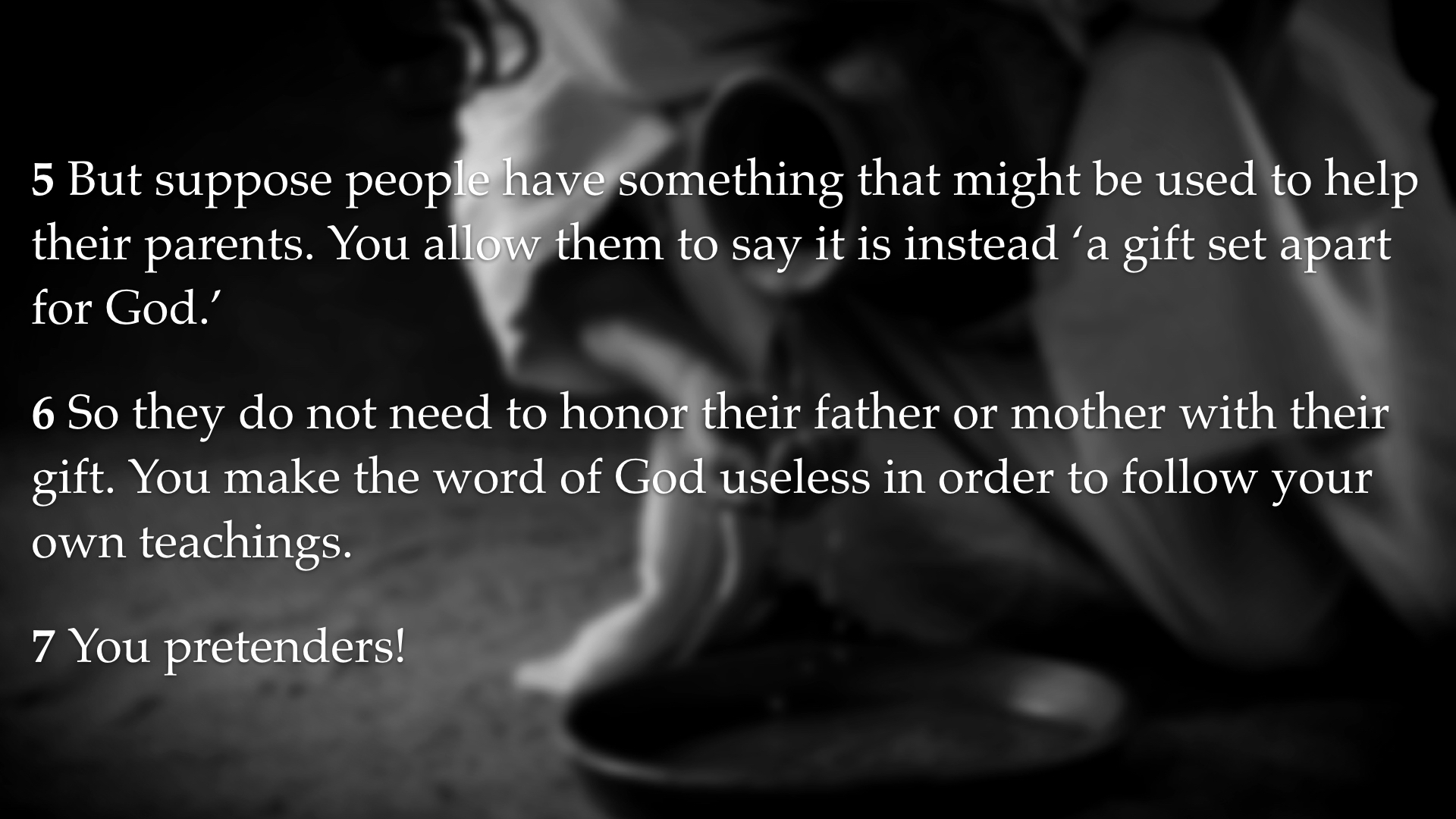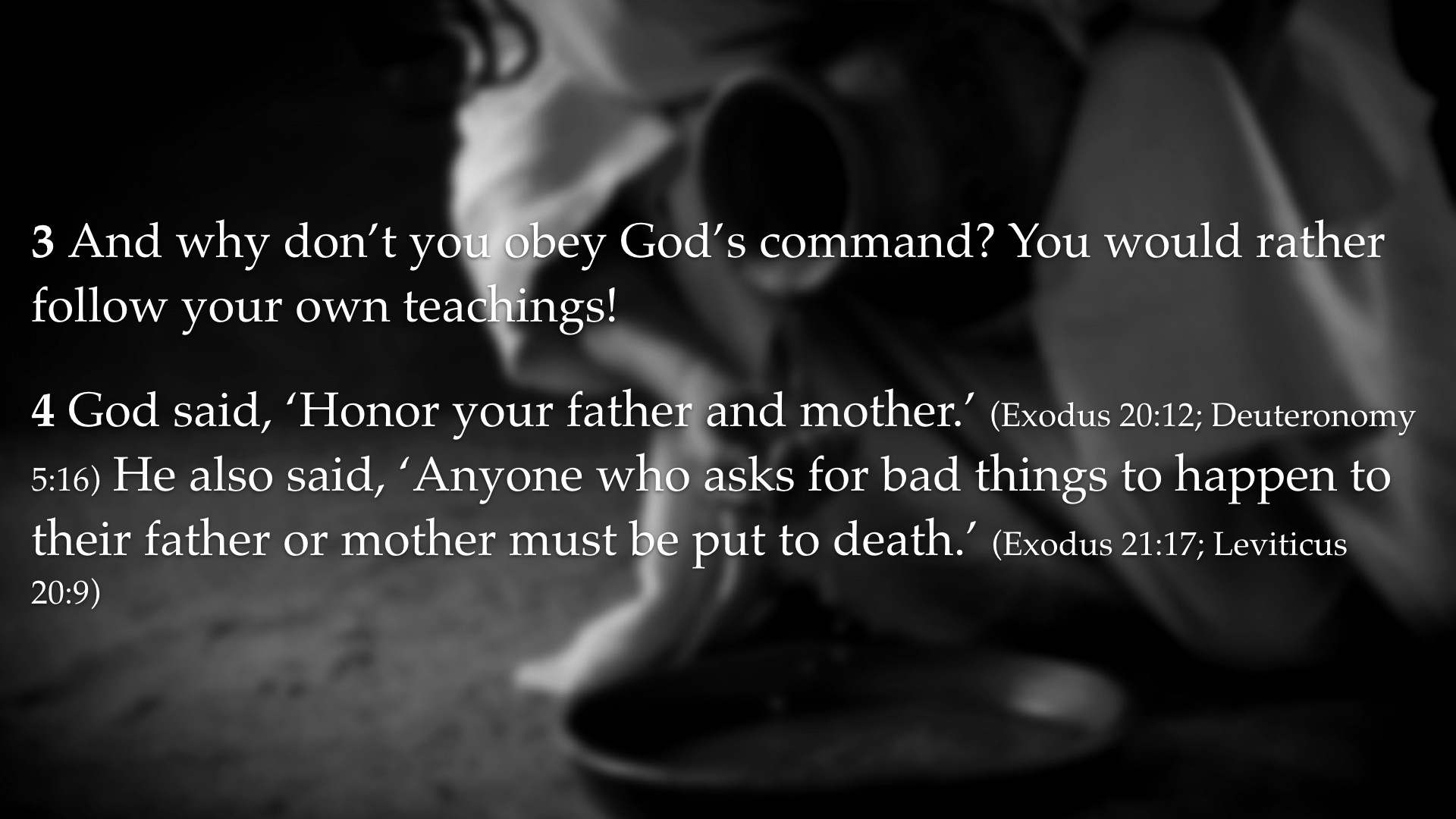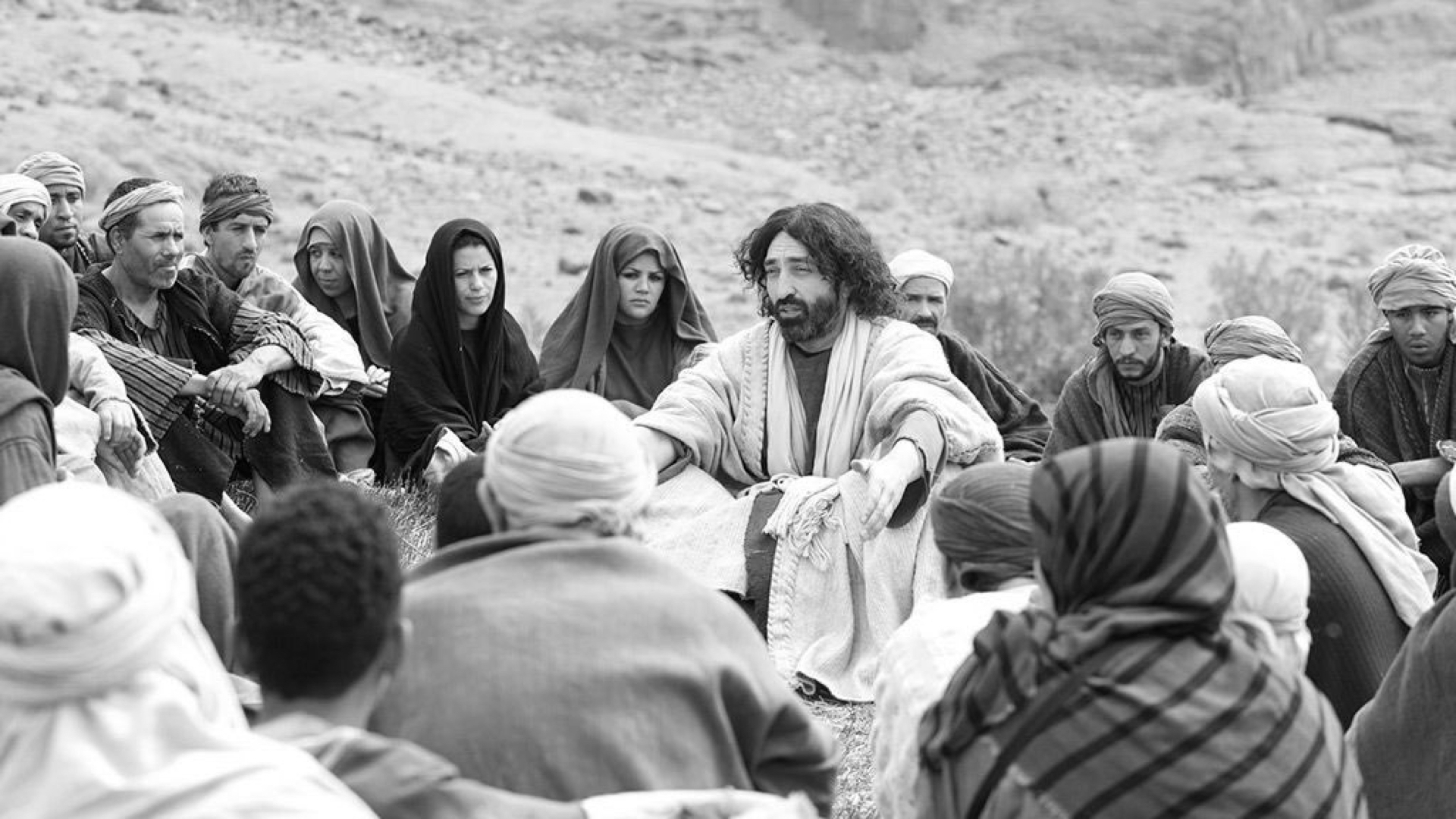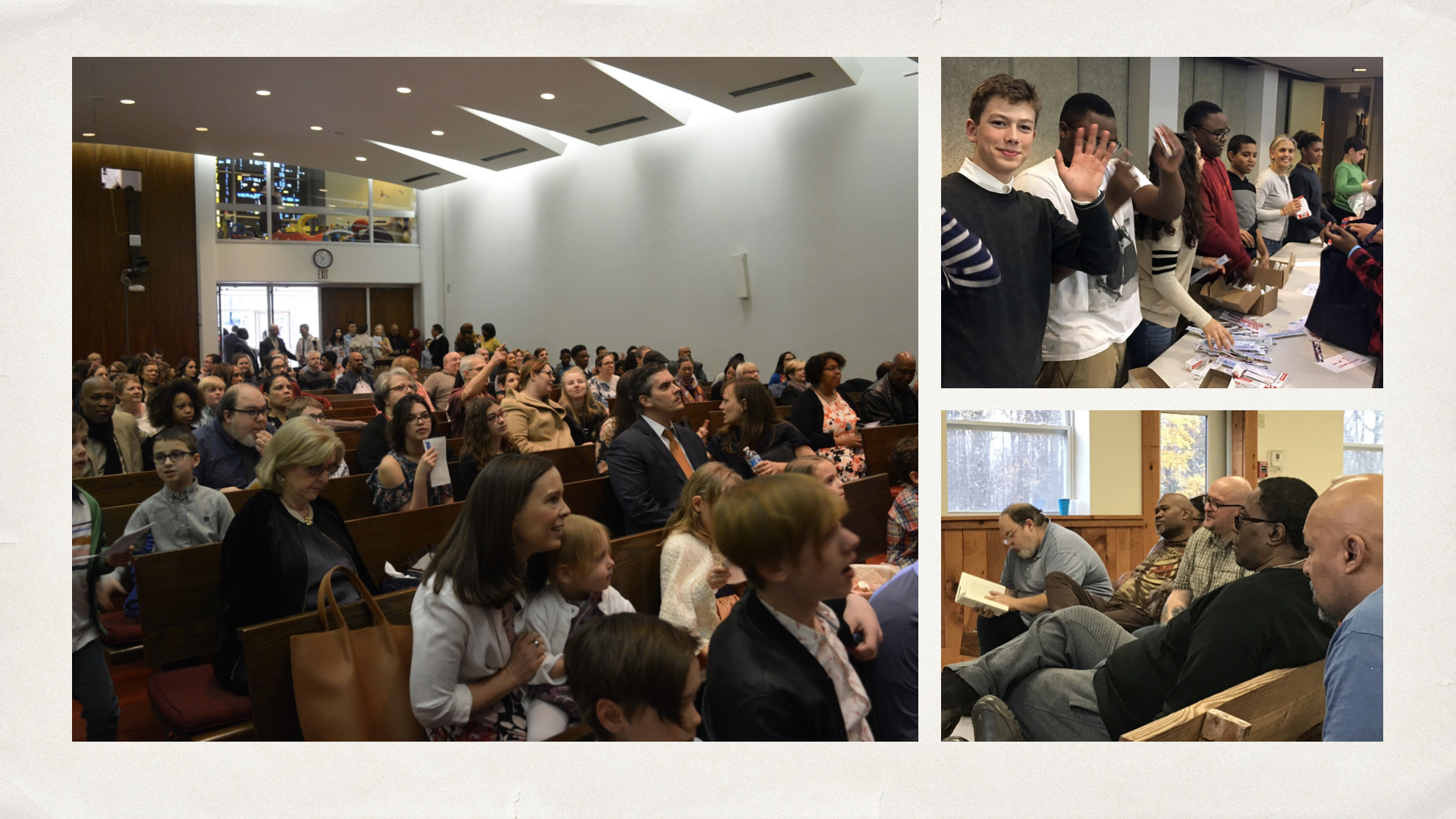The Honor of Jesus
In Matthew 15:1-20, Jesus confronts the Pharisees and challenges everyone around him to be people who bring their hearts in line with their words of devotion to God. Jesus wants them to be whole persons. In quoting Isaiah Jesus brings to their minds what hollow honor looks like.
In the ancient world, honor was a matter of public recognition, zero-sum transaction, and heavily bound in the face to face nature of society. If one person has honor it has been taken from someone else. And it is incumbent on the recipient of honor to have that honor recognized publicly.
In our world, we live in a “face to space” culture. That is a culture which values individualism and space. Honor is oriented bestowed upon the individual based on the values of a society built on meritocracy. The more successful the person is, according to the values of the culture, the more honor is bestowed upon them.
In speaking to some of the most religiously observant believers of God, Jesus wants to take them to a place of greater authenticity. He wants to bring their hearts, inline with their words, in the service of serving others. Jesus wants his followers to be people who are shaped by their connection and love for God, rather than formed by their adherence to the religious institutions and instructors of the day.
Finding Jesus in the Temple
Luke 2:41-52
Our passage today is a small glimpse into the process of reconciliation that God initiated through Jesus. Luke, has one of the most vivid descriptions and comprehensive narratives surrounding the birth, life, death, and resurrection of Jesus of all the Gospels. The text in Luke 2:41-52 is the final of four blocks of text that captures the key events in the infancy of Jesus. It is important to recognize, that Luke is a very careful and deliberate writer. He intends to “draw up an account” of all the things that he has witnessed and investigated as a disciple and follower of Jesus. Luke begins his Gospel with the end of Acts in mind. He is steady and clear in making an ordered testimony of all the events that surrounded the coming of the Lord’s Messiah, Jesus. Luke is trying to make the point, that our expectations will not bind the Messiah, and that Jesus will not only be fulfilling the promise of God’s deliverance, but he will also be undoing our limited expectations of God.
Shepherding for the Kingdom of God
Matthew 10:11-18
Jason Isbell, the Children and Student Minister at the Manhattan Church of Christ, brings a message exploring the connection between fatherhood and Jesus’ self-identification as a shepherd in John 10:11-18. The sermon looks beyond a simple calling to be a “Good Father” and challenges the church body to be people, in the words of Jesus to Peter, that “feed my sheep.” This sermon was delivered on the Sunday immediately after the horrific attack on the Emmanuel African Methodist Episcopal Church in Charleston, South Carolina.



